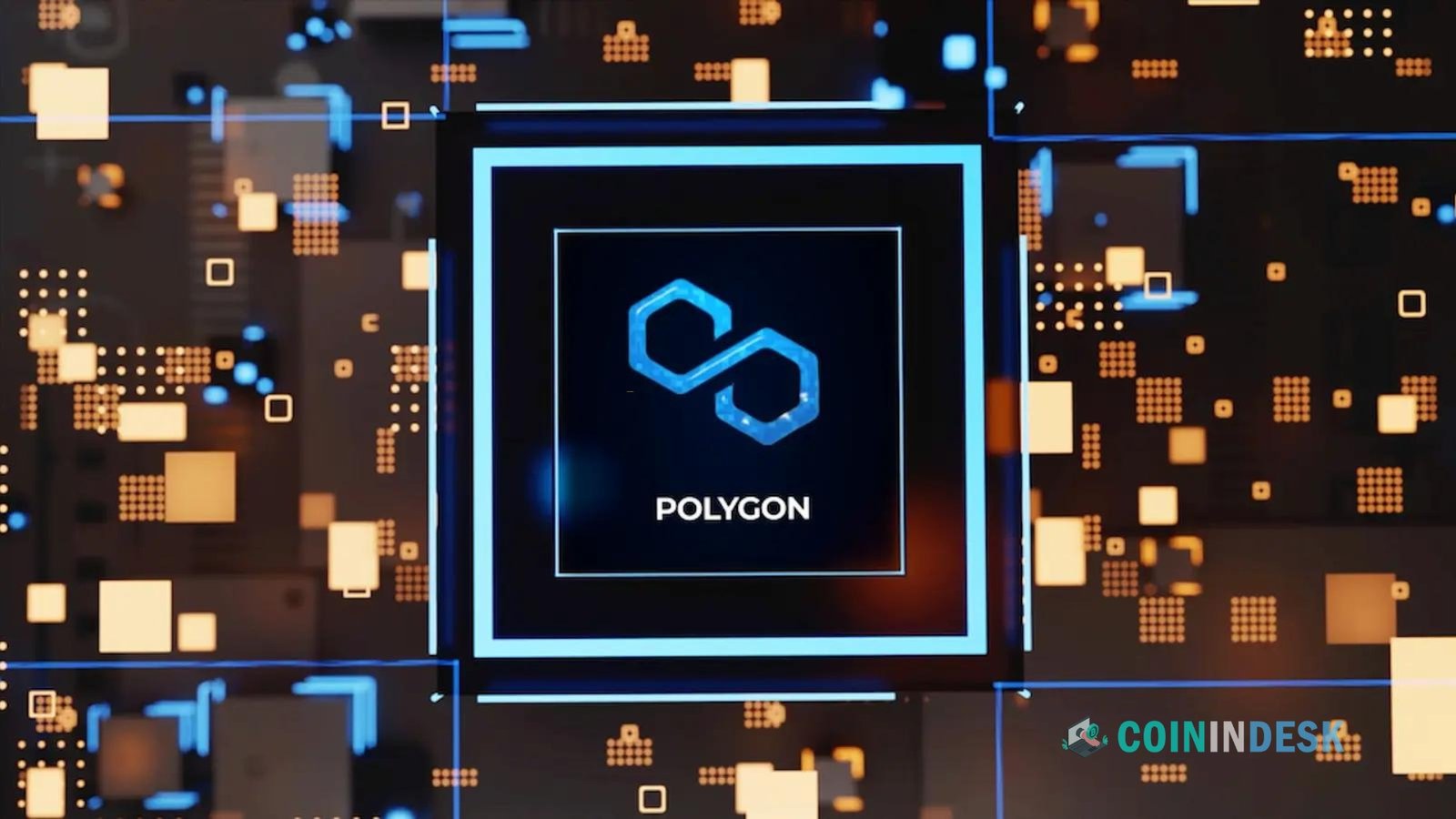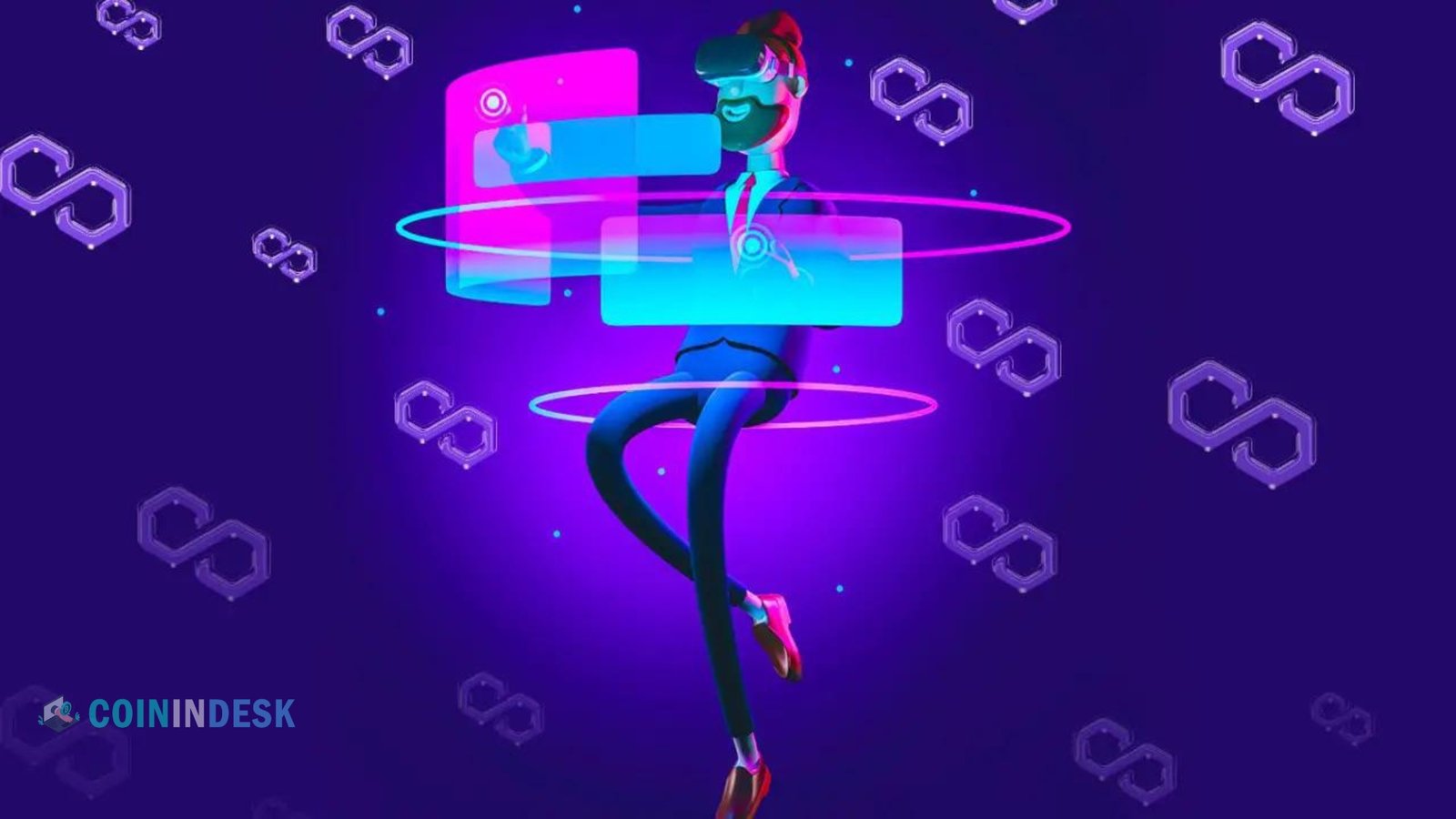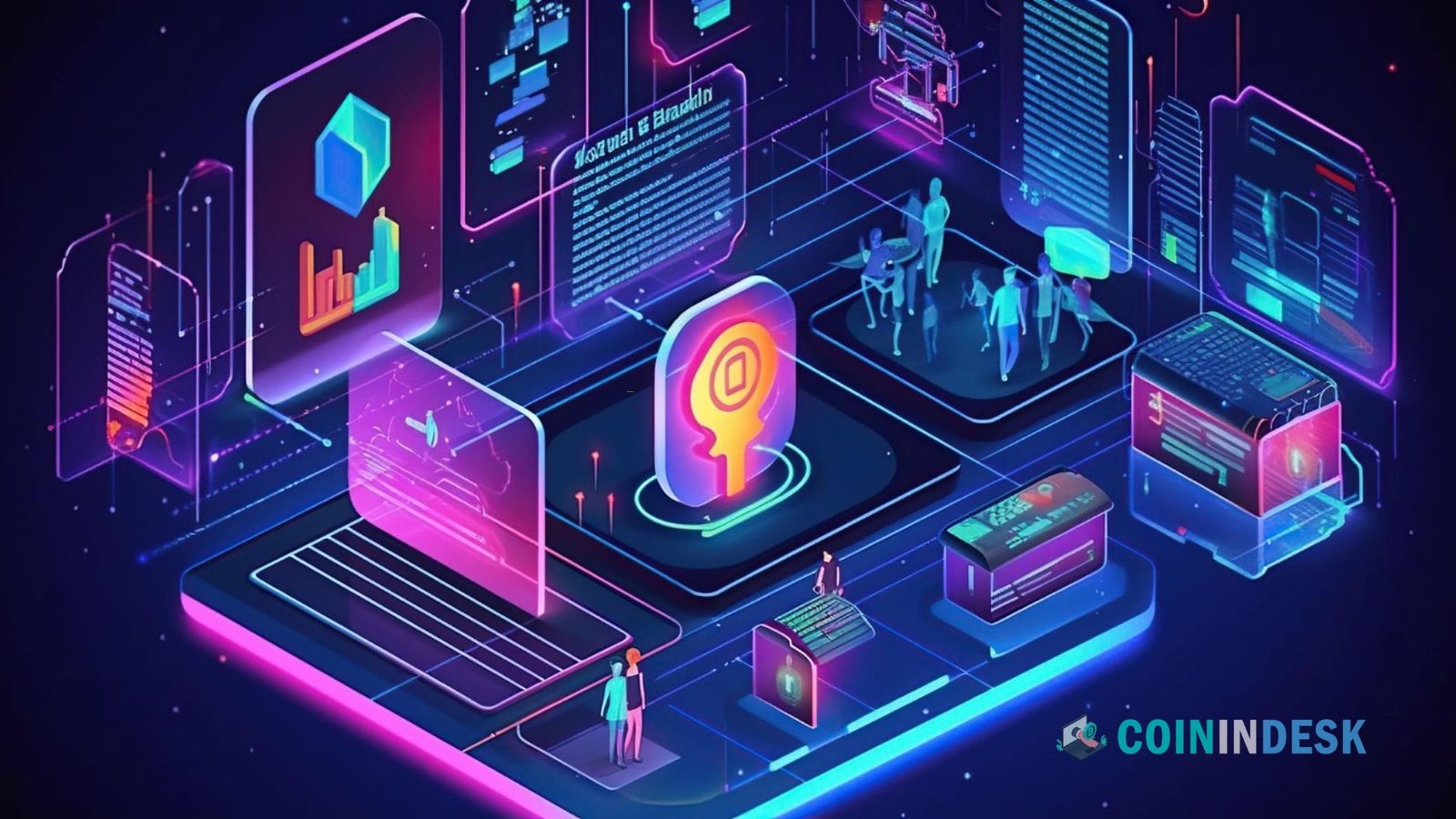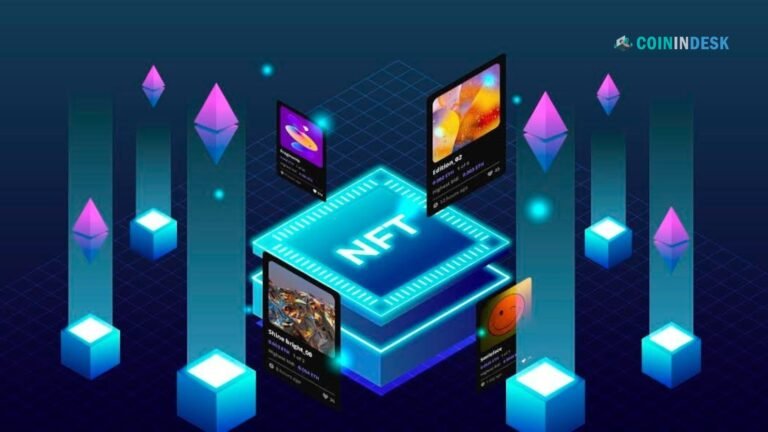The Polygon NFT Market: The creation, purchase, and sale of digital assets has been radically altered by the meteoric rise of Non-Fungible Tokens (NFTs) in the past few years. Polygon, an Ethereum layer two scaling solution, is one platform that has accomplished this feat with notable success in the NFT arena. This essay delves into the Polygon NFT market, discussing its salient characteristics, benefits, and the potential future trajectory of this rapidly expanding ecosystem.
Understanding Polygon
To fix Ethereum’s scalability problems, developers created Polygon, formerly Matic Network. Polygon has gained popularity among dApps, particularly NFT marketplaces, because of its more efficient and affordable solution for developers and consumers.
Using sidechains, Polygon improves transaction speed and decreases costs, enabling the blockchain ecosystem to communicate seamlessly. For anyone looking to escape the exorbitant gas prices linked to Ethereum’s main network, this presents a compelling alternative for NFT developers and collectors.
The Rise of NFTs on Polygon
NFTs have revolutionized the digital art and collectibles scene by providing a means for producers to earn money from their work and unique ownership rights for collectors. Thanks to its distinct benefits, Polygon has risen to prominence as the NFT market keeps expanding.
Cost Efficiency
The low price of Polygon is a major factor in its success in the NFT industry. At peak periods, traditional Ethereum transactions can cost a pretty penny. On the contrary, Polygon’s significantly reduced transaction costs level the playing field for producers and collectors. This affordability encourages A wider audience to join the NFT area.
Speed and Scalability
When opposed to Ethereum, Polygon’s architecture enables far quicker transactions. Users can buy, sell, and trade NFTs with near-instant confirmation timings, avoiding the annoying delays commonly seen during high-traffic moments on the Ethereum network. Users are more likely to engage in the marketplace and have a better experience overall due to this quickness.
Key Players in the Polygon NFT Market
Several prominent NFT marketplaces have adopted Polygon, providing diverse options for creators and collectors. Below are some of the key players in this space:
OpenSea
One of the biggest NFT marketplaces in the world, OpenSea, has incorporated Polygon so that customers may take advantage of fast transactions and minimal costs. Artists and collectors may mint, purchase, and sell NFTs on an easy-to-use platform with this integration, all without spending a fortune.
Variable
You may also buy and sell Polygon NFTs on Rarible, another famous marketplace. Creators on Rarible can control their pricing and receive royalties from secondary sales thanks to the platform’s decentralized approach. Thanks to Polygon’s acquisition, users now have a more affordable option for trading their digital products.
Aavegotchi
Users of the Polygon network may now build, trade, and interact with virtual pets thanks to Aavegotchi, which merges the DeFi and NFT realms. Utilizing Polygon’s strengths, this creative strategy provides users with a one-of-a-kind and captivating experience while making the most of the advantages of cheap transaction fees.
Benefits of Using Polygon for NFTs
Environmental Sustainability
Both developers and consumers of blockchain technology are worried about its effects on the environment, especially in light of its high energy usage. Polygon uses a proof-of-stake consensus method to solve these issues, which is far more energy efficient than Ethereum’s old proof-of-work architecture. This feature makes Polygon a better choice for NFT makers and collectors concerned about the environment, which is becoming more important as time passes.
Interoperability
Thanks to Polygon’s compatibility with Ethereum, NFTs built on the Polygon network can be effortlessly bridged to Ethereum and other compatible networks. Because of this compatibility, digital materials can be used in more contexts, and producers can gain exposure in other markets.
Community Engagement
Members of the Polygon community work tirelessly to improve and publicize the platform’s NFT environment. As a result of this involvement, users feel more connected to one another. They are more likely to work together on initiatives that benefit the whole ecosystem.
Challenges Facing the Polygon NFT Market
Despite its many advantages, the Polygon NFT market faces several challenges that could impact its growth:
Market Saturation
The possibility of market saturation is growing as the NFT space keeps growing. New artists may find obtaining exposure and selling their work challenging if this saturation leads to intense competition among creators.
Regulatory Concerns
Polygon may face difficulties due to the changing regulatory environment for NFTs and cryptocurrencies. Market growth and participation could be stunted by ambiguity as governments worldwide struggle to determine how to manage digital assets.
Dependence on Ethereum
The security and architecture of the Ethereum network are essential to Polygon, even while they help to ease some of Ethereum’s restrictions. The NFT ecosystem at Polygon might be hit hard by any major Ethereum problems.
The Future of the Polygon NFT Market
The future of the Polygon NFT market appears promising, with several factors contributing to its growth:
Increased Adoption
Polygon is expected to see an uptick in usage as more and more collectors and artists see its value. The Polygon NFT market has much going for it: a vibrant community, quicker transactions, and reduced costs.
Innovation and Collaboration
Embracing new ideas is key to the Polygon ecology. Creatives, developers, and brands working together can create one-of-a-kind initiatives that expand the possibilities of NFTs. Artists and collectors alike will benefit from the space’s conducive environment to innovation.
Expanding Use Cases
Gaming, music, and virtual real estate are potential NFT applications beyond digital art and collectibles. Polygon’s scalability and efficiency will support creating varied NFT projects as these applications proliferate.
Also Read: Executives Expect NFTs to Recover Despite Sales Decline
Final Thoughts
As part of the larger NFT ecosystem, the Polygon NFT market is a living, breathing thing. Polygon has all the makings of a dominant player in the digital asset market because of its rapidity, low transaction costs, and dedication to environmental responsibility. Despite current hurdles, the Polygon ecosystem is showing signs of continued innovation and uptake, which bodes well for creators and collectors. Polygon is a standout solution for anyone interested in exploring the boundless possibilities of digital ownership, especially while the NFT market is constantly changing.
FAQs
Q1 What is Polygon, and how does it relate to NFTs?
Polygon is a layer-two scaling solution for Ethereum that enhances transaction speed and reduces fees. It allows developers to create more efficient decentralized applications, including NFT marketplaces. Using Polygon, creators and collectors can mint, buy, and sell NFTs with lower costs and faster transaction times than the Ethereum mainnet.
Q2. Why should creators choose Polygon for their NFTs?
Creators should consider using Polygon for their NFTs due to its low transaction fees, faster confirmation times, and environmentally friendly proof-of-stake mechanism. These features make it easier for artists to mint and sell their work without incurring high costs while appealing to environmentally conscious users.
Q3.What are some popular NFT marketplaces on Polygon?
Some popular NFT marketplaces on Polygon include OpenSea, Rarible, and Aavegotchi. These platforms allow users to create, trade, and collect NFTs while benefiting from Polygon’s cost efficiencies and speed.
Q4.What challenges does the Polygon NFT market face?
The Polygon NFT market faces market saturation, regulatory uncertainties, and dependence on the Ethereum network. Competition can increase as more creators enter the space, and regulation changes could impact market dynamics. Additionally, any significant issues on Ethereum could affect Polygon’s ecosystem.


